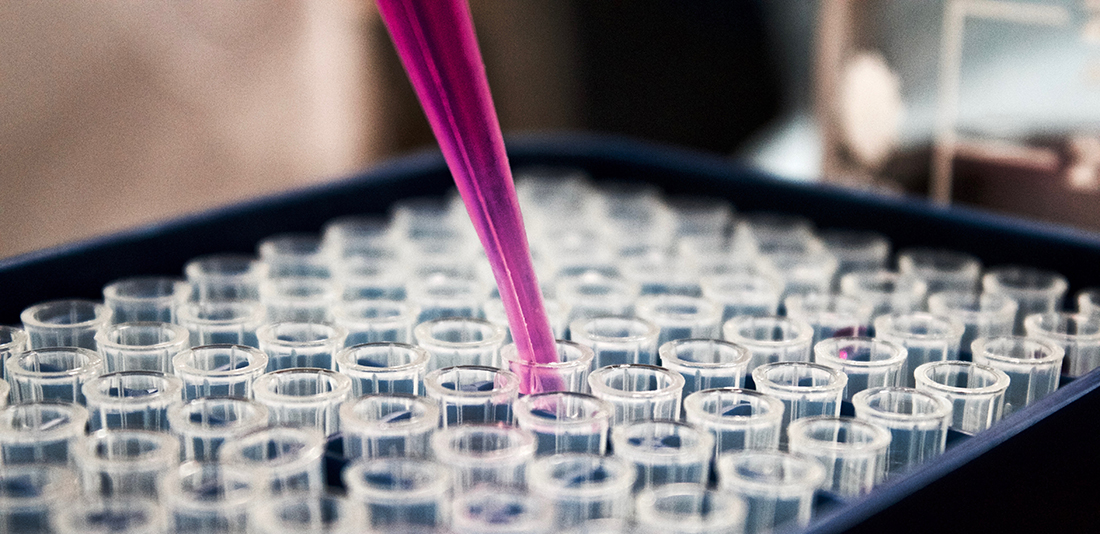
18 Dec Precision Medicine: The next revolution in healthcare
By Mewburn Ellis, Cambridge Network
In recent years, we have witnessed a remarkable healthcare revolution. Thanks to advances in genetic analysis, molecular biology and cell science, we now know more about the human condition than ever before. This wealth of information opens the door for the next revolution in medicine – treatments that are truly bespoke for each patient.
Historically, drugs have been developed on a ‘one size fits all’ basis, in which all patients with a particular disease receive substantially the same treatment. We have known for some time that this approach is imperfect – a drug that works well for some patients may have only negligible therapeutic benefit for others, or may cause substantial side effects. However, clinicians often have little option but to try a patient on a drug and hope for a good outcome. Today, with advances in data collection and analysis, our understanding of the physiological and genetic variance between patients is increasing, allowing us to understand why different patients respond differently to the same treatment. This is the emerging model of ‘precision medicine’ – in which medical decisions, treatments, practices and products are tailored to the individual patient.
The International Human Genome Mapping Consortium completed the first genome sequence in 2001, facilitating advances in our understanding of the genetic basis of disease and likely responsiveness to treatment, and these advances have been critical to the emergence of precision medicine. The importance of other technologies should not be overlooked, however, with advances in proteomics, metabolomics and cell biology, as well as informatics, biosensors and artificial intelligence all playing a part in this exciting field. Read more …



